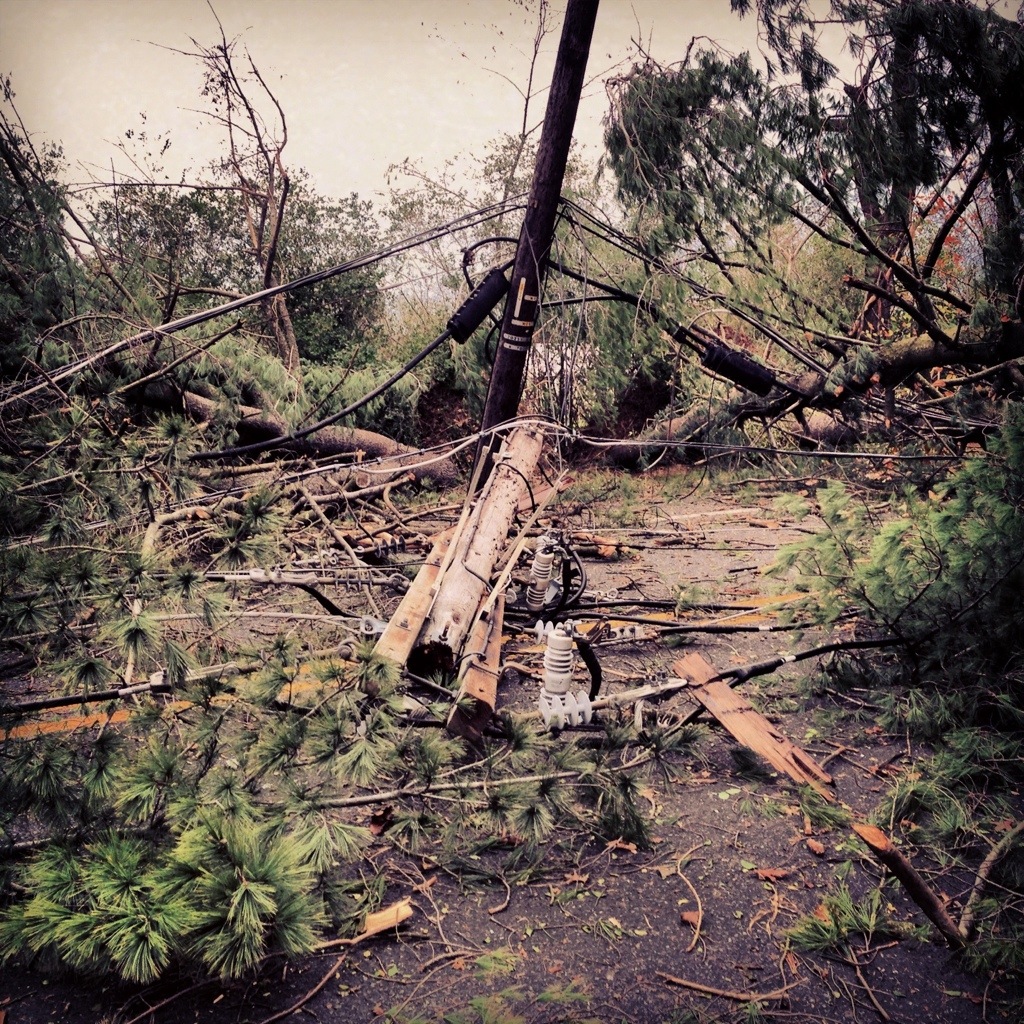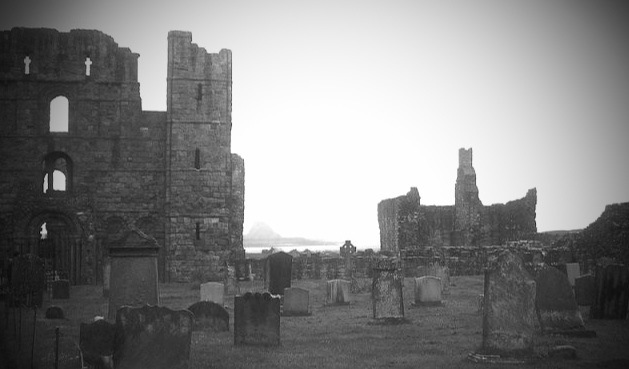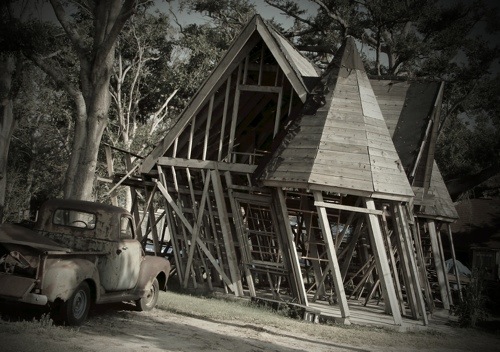The following is a reflection on Luke 1: 68-79 and Luke 3:1-6, the canticle and the Gospel lesson properly appointed for Advent 2C according to the Revised Common Lectionary.
Most people don’t ever want to talk about “sins.” At least not their own. (Other people’s sins are always fair game for in-depth discussion, but that’s another story entirely.)
The only things that might be able to drive the repulsion of “sin talk” even further out-of-bounds are probably…Christmas trees, mall Santas, and fields of ever-rolling poinsettias. Read More







